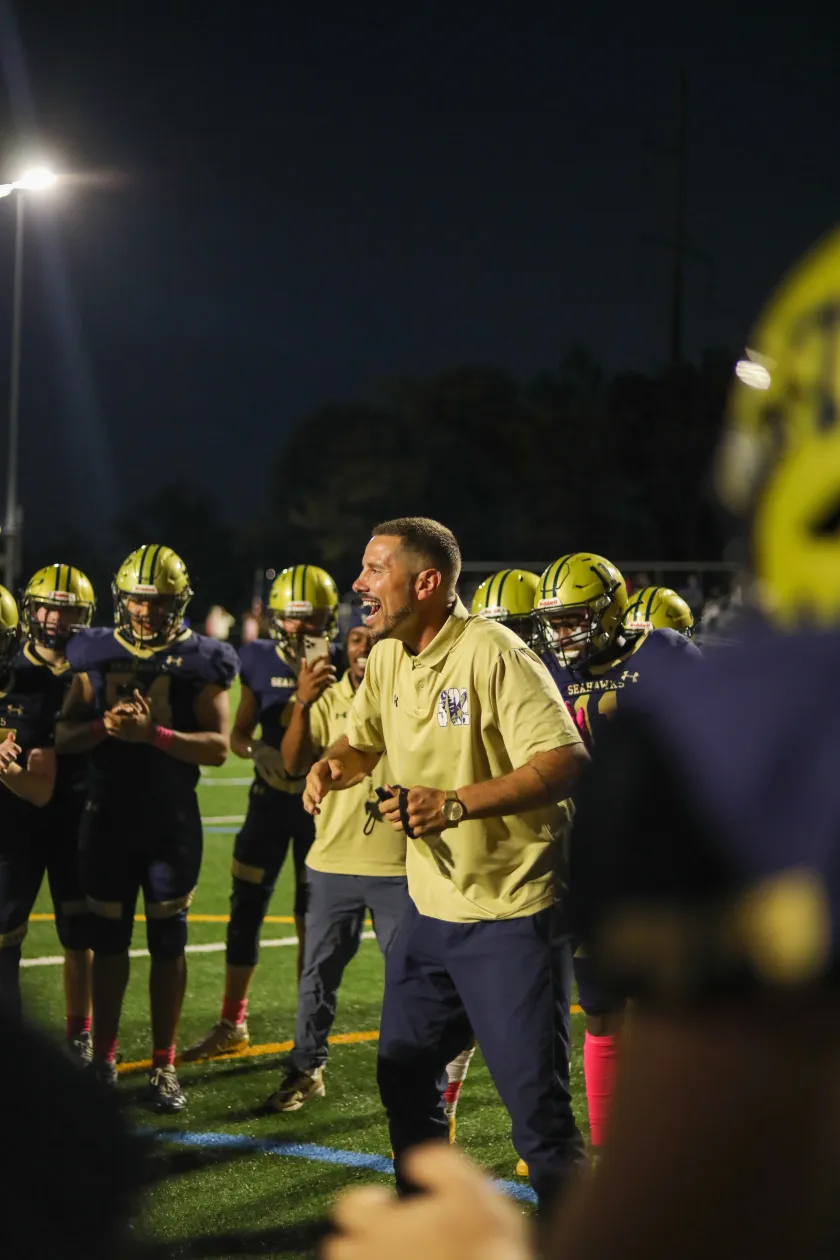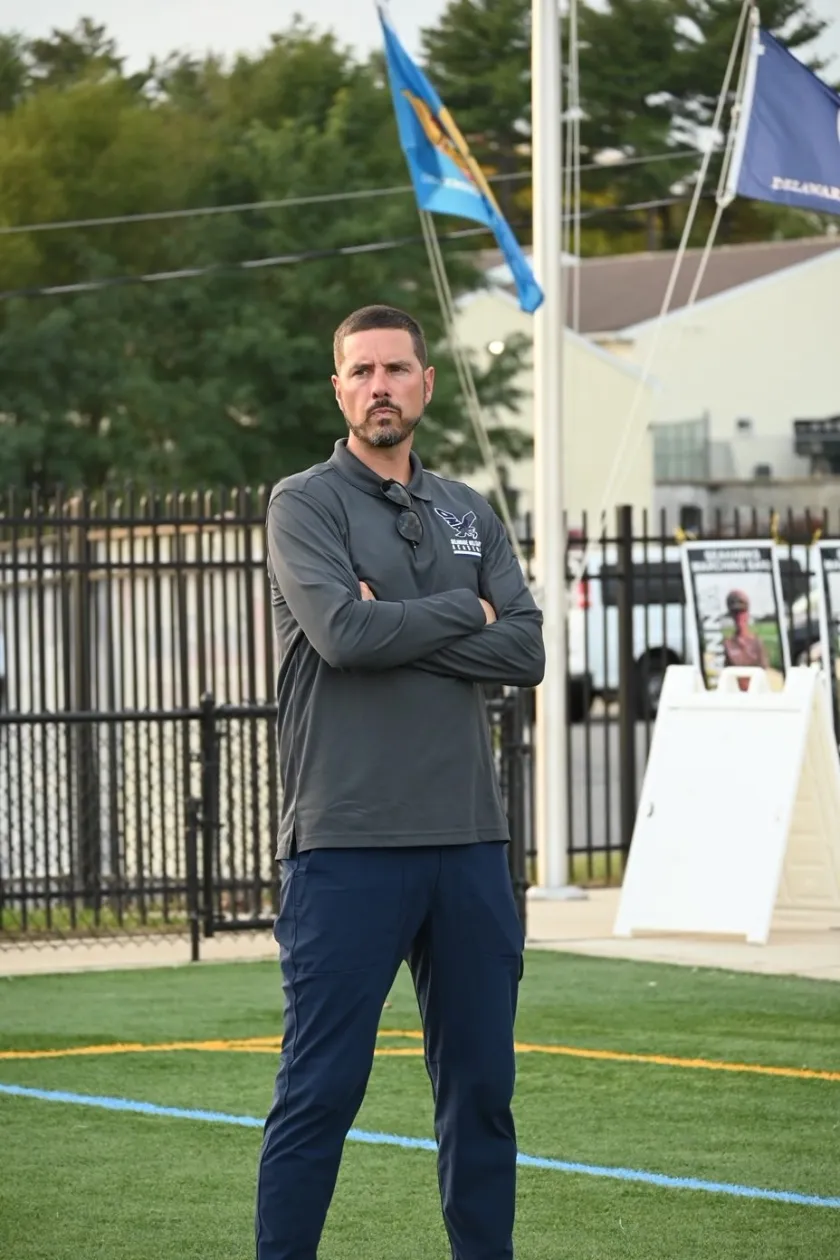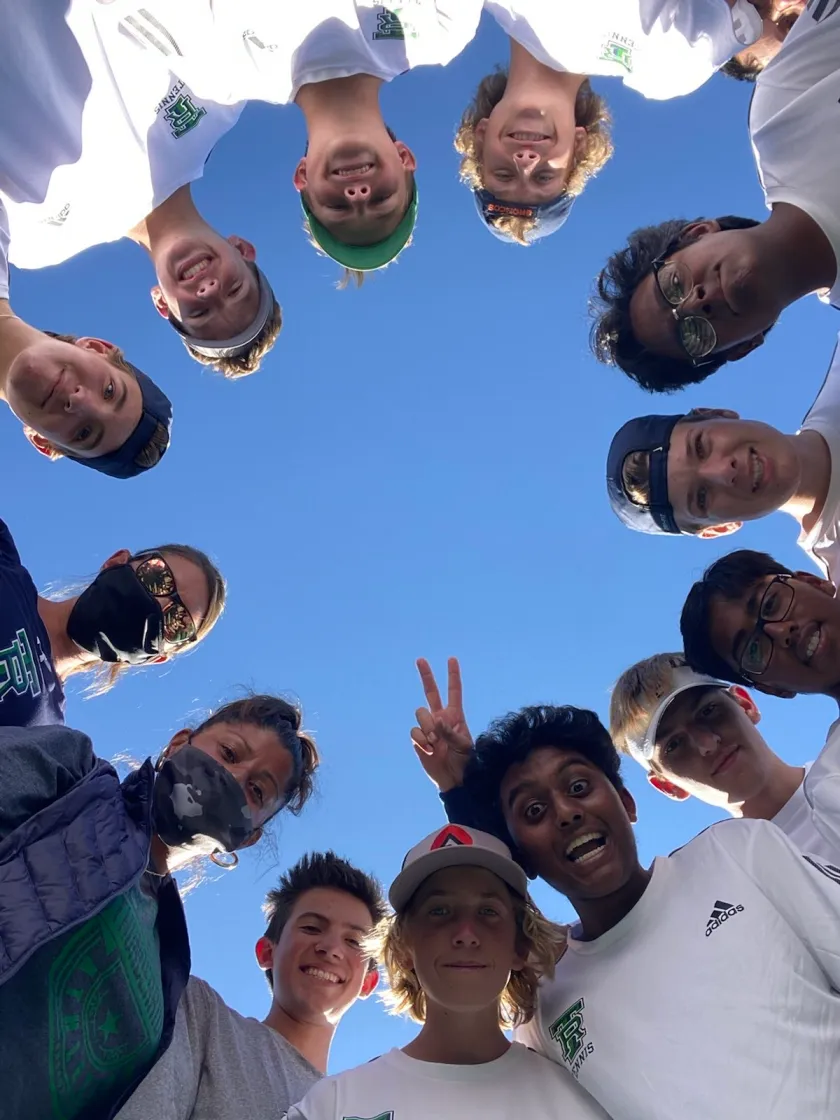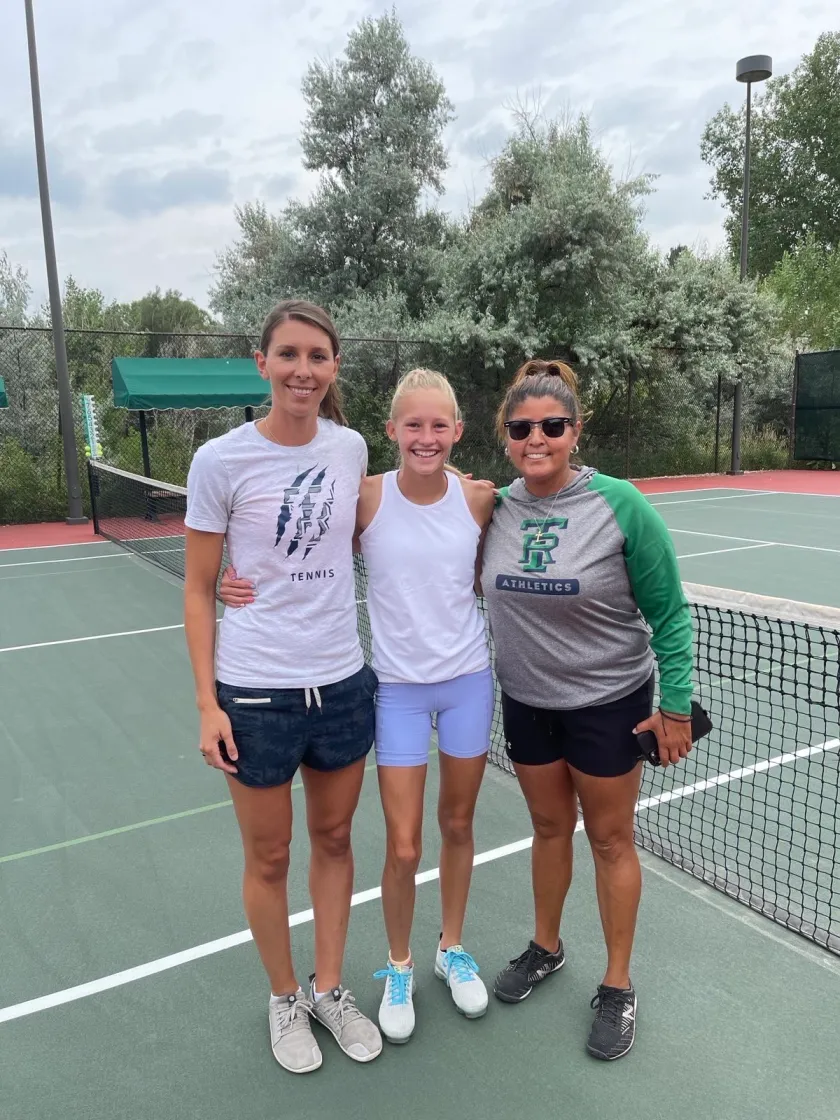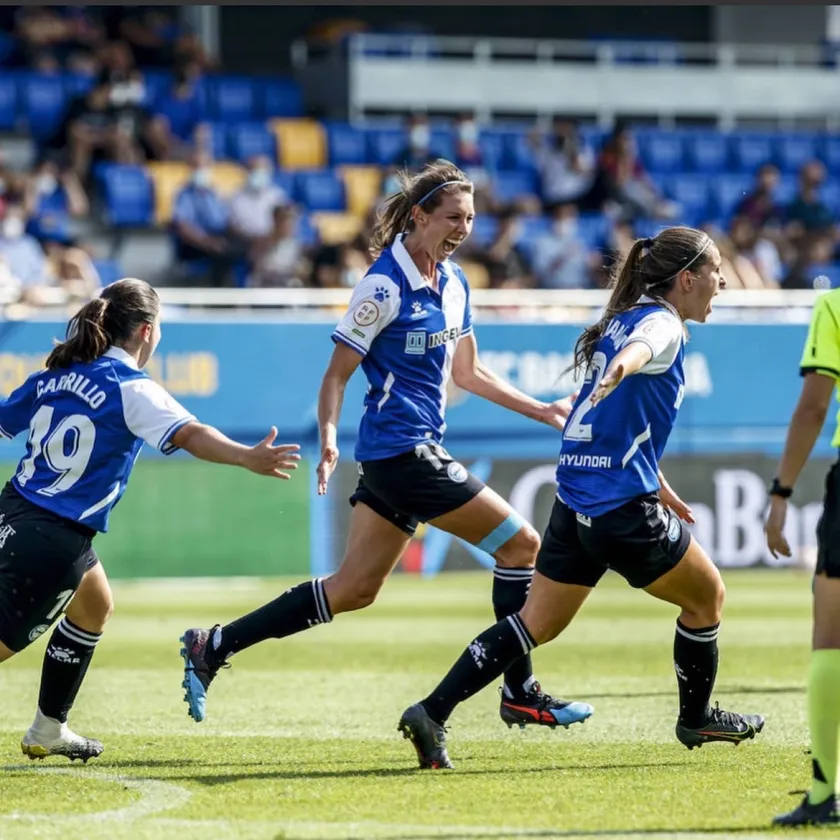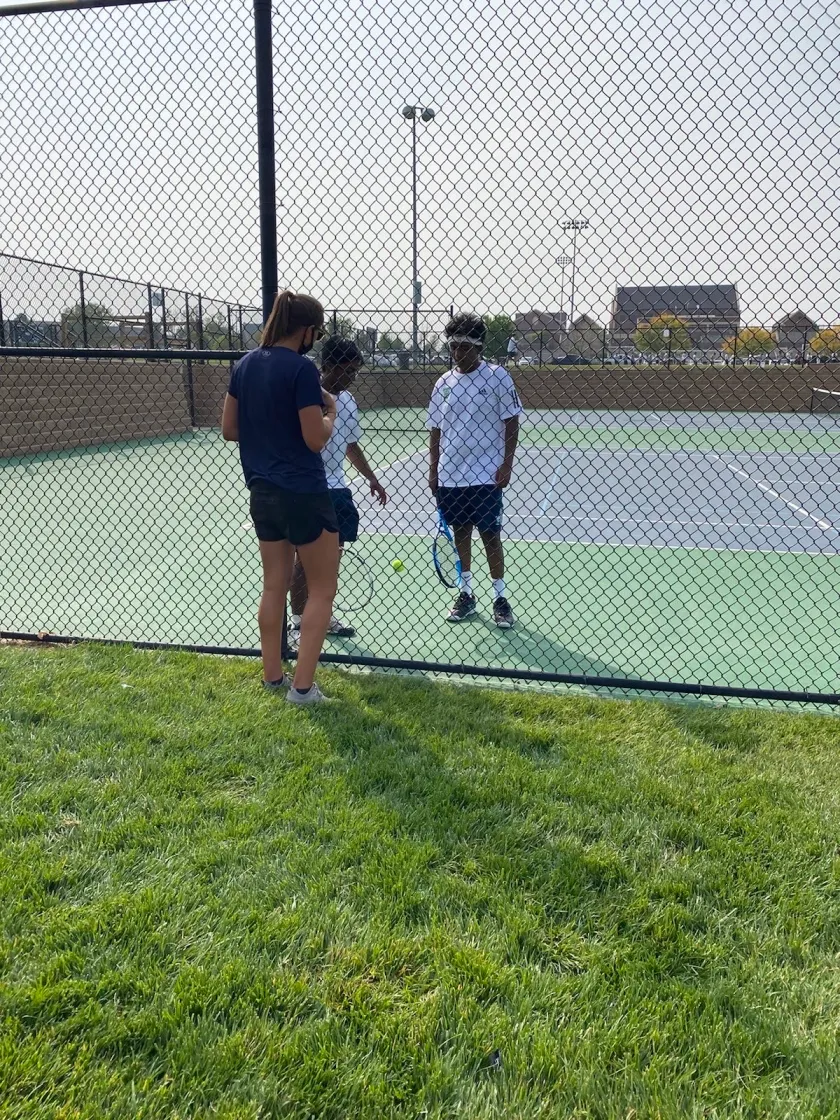As part of our salute to coaches this fall, we posed several questions to our community. We received great ideas. Here is a sampling of insights from coaches in field hockey, baseball, basketball, football, and dance. We will feature more insights in coming weeks and welcome additional thoughts as you close out 2022 and gear up for 2023.
Favorite leadership development exercises for your team
- Setting and achieving goals: We have always taken a day at the beginning to set a personal goal for each player. We then find accountability partners. We set aside time at least once per week to meet with our accountability partners to track our goal progress and make a plan for attainment.
- The Marshmallow challenge: Where each group is given 20 raw pieces of spaghetti, 1 yard of string, and one yard of masking tape, to build the tallest free-standing structure that can hold the whole marshmallow on the top. Communication starts happening. Doers are separated from thinkers. They all have to work together in order to win.
- Alternating leaders: As a dance team coach, we spend a large portion of time conditioning and stretching. Every week, my team switches off who leads warm ups/stretches. I give them a skeleton of a plan and the order it has to go in. They have to fill in all the details–music, exercises, etc.–and then they lead it and teach it to the rest of the team. This gives everyone an opportunity to show and improve their leadership skills in a safe, judgment-free zone.
- The first thing we have them do is write an essay telling why they think they should be chosen as our leader and what ideas they have that they would bring that would make us both closer as a team and better performers overall.
- I have a weekly meeting with my leaders. We have a step-by-step process for our team to select their leaders (I do not select them). Then I meet with them weekly to discuss the team, areas of concern, plans for the coming week, input on our practice plans, etc. I also allow them to meet with the 3-5 players that are in their group daily. They can communicate and direct these groups of players. That way, they are not trying to lead the entire team, just the players in their particular group.
- Volunteer work
New Challenges in Coaching Today
- Lack of resiliency from both athletes and parents.
- Time. People have a hard time respecting the good amount of time it takes to truly be good at something. My biggest struggle is parents – we never please them all… and the ones that aren’t happy always make it known. Dealing with parents is the most challenging part of coaching, in my opinion.
- The stigma behind mental health and athletes is still very strong. Athletes usually have a mindset that they can’t have bad days, they can’t break down or not get something right away. This is so false. Mistakes need to happen to grow as a player and a team. Bad days happen and we have to honor them, accept them, and grow from them.
- I believe that social media and the related need for instant gratification is a bigger challenge today than it has ever been before. They see success by their peers or other people their age and believe that it should be that way for everyone.
- Parental overreach, lack of empathy to diversity, apathy in general.
Advice for New Coaches
- Get to know your players! Don’t be afraid to set aside some time during practice for bonding activities. Building coach-player rapport is crucial to a players performance and a coaches dedication. Building those relationships and being an adult mentor figure in a player’s life could be the simple gesture they need to follow their dreams.
- Communication is key! Recognize that every coach for every sport has different ideas and different ways of doing things. If something doesn’t go well or go the right way or how you envisioned it, don’t beat yourself up over it and most importantly don’t give up!!! Just try to do better the next time.
- Keep it fun and remember the WHY. WHY you loved the sport. WHY you decided to coach.
- As long as you are helping kids work to attain their goals, teaching them to love the process, and teaching them how to be a good person, then you are doing your job. Do not listen to the noise. There will be a lot.
- Yes, you have to deal with all the stuff that is not fun–the paperwork, the officials, etc. and all the negative stuff, but remember what you get to do on a day to day basis. You get to help kids in the game they enjoy, become better at their sport and become better humans! You, as their coach, will have a much different relationship with these players than anyone else! You have a chance to really have an impact in how these young people turn out!
- Take your focus off wins and losses. Focus your attention on being a great leader and building quality relationships with your players. Stay true to the process of just being the best you; and the wins will take care of themselves.


